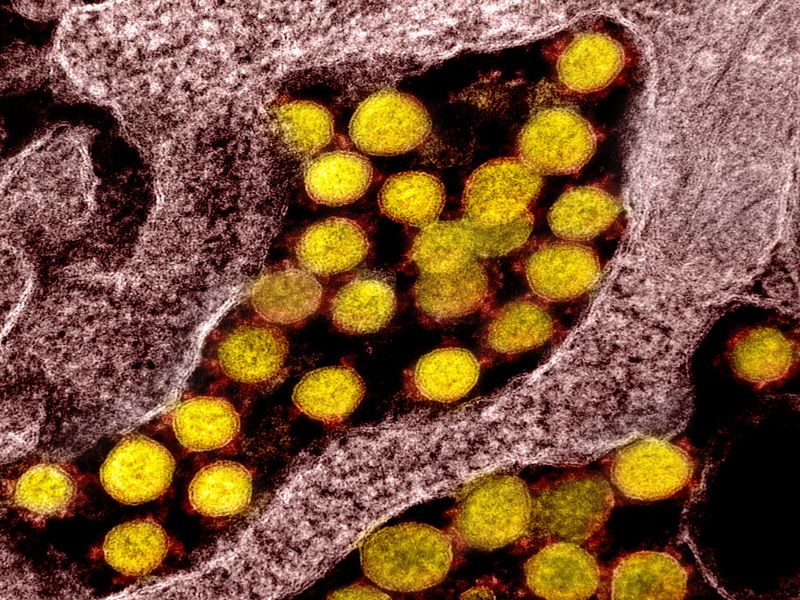
Researchers at Stanford Medicine are leading a clinical trial of a molecule called interferon-lambda to help treat mild cases of Covid-19 and reduce transmission of the virus.
The trial aims to prevent hospital admission in patients who have recently tested positive. It will also evaluate the drug’s ability to stem viral shedding to potentially mitigate transmission to family members and the community.

Discover B2B Marketing That Performs
Combine business intelligence and editorial excellence to reach engaged professionals across 36 leading media platforms.
Interferon-lambda is a manufactured version of a naturally occurring protein. In previous clinical trials, the drug was given to more than 3,000 individuals infected with hepatitis viruses and was observed to be safe.
According to laboratory and animal testing findings, the drug may help control viruses that lead to respiratory illnesses such as influenza and SARS.
Interferon-lambda works by leveraging the body’s natural defenses against infection. As receptors for the drug are present on linings of the lungs, intestine and liver, it is expected have fewer side effects.
The Stanford Medicine trial is enrolling 120 participants who have recently been diagnosed with mild Covid-19 at Stanford Health Care and other local hospitals, emergency rooms, clinics, and drive-through testing sites.

US Tariffs are shifting - will you react or anticipate?
Don’t let policy changes catch you off guard. Stay proactive with real-time data and expert analysis.
By GlobalDataParticipants will receive single injections under the skin of interferon-lambda or a placebo. They will then be tracked for 28 days for symptoms, disease severity, hospitalisation rates and duration, and quantity of viral shedding.
Stanford School of Medicine infectious diseases professor Upinder Singh said: “Even though these individuals may not need hospitalisation, infection with Covid-19 results in respiratory symptoms and lost productivity. Plus, and this is important, patients with mild disease contribute to community disease transmission.
“Limiting viral shedding from this group would reduce transmission to family members and others, which is crucial to controlling epidemic disease spread.”
Researchers from the departments of medicine, pathology, pediatrics and emergency medicine, and at the ChEM-H Institut, are supporting the trial.





